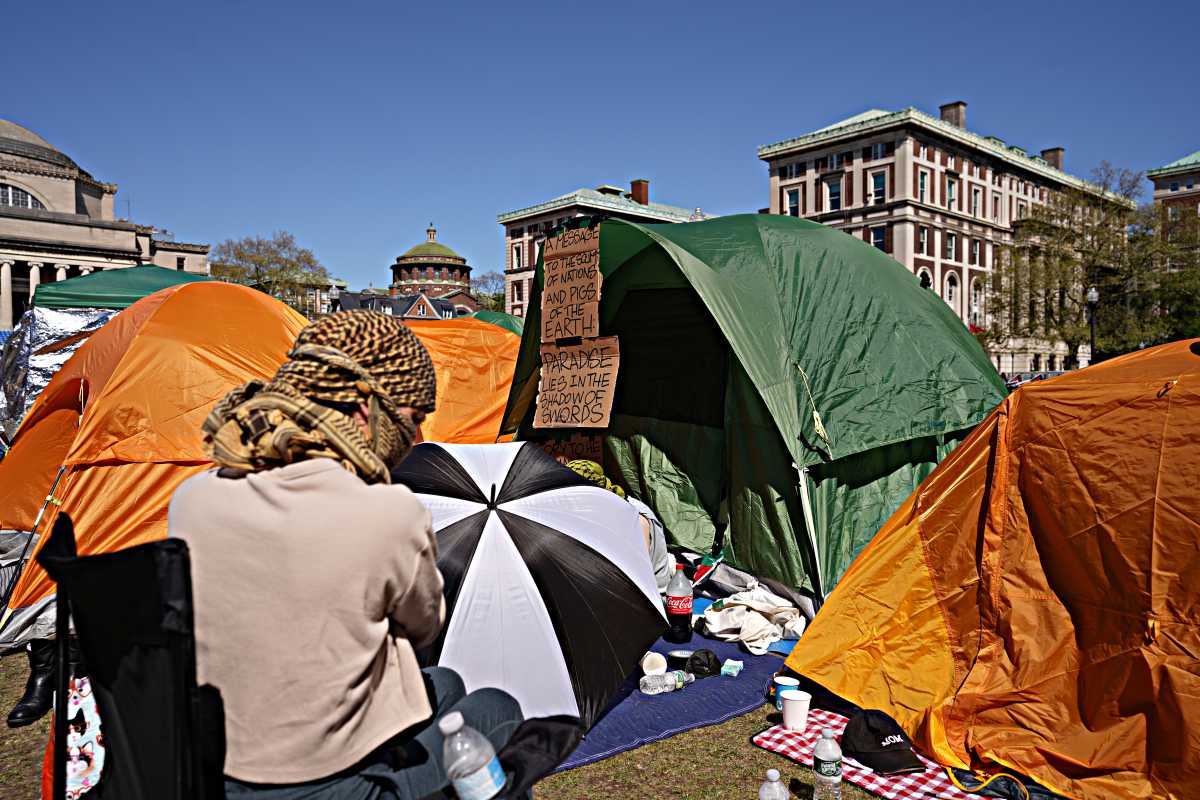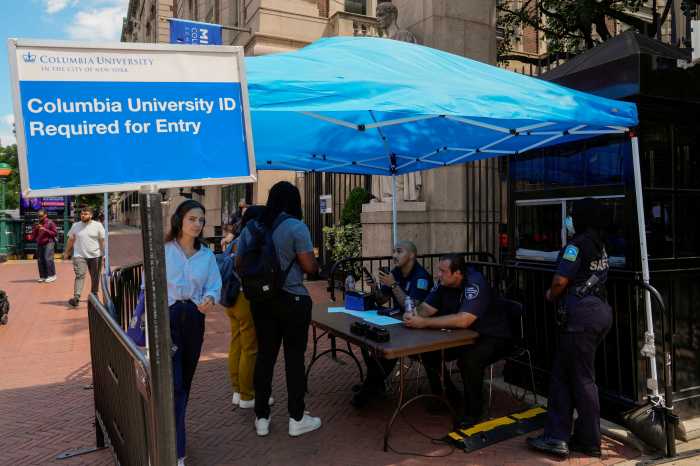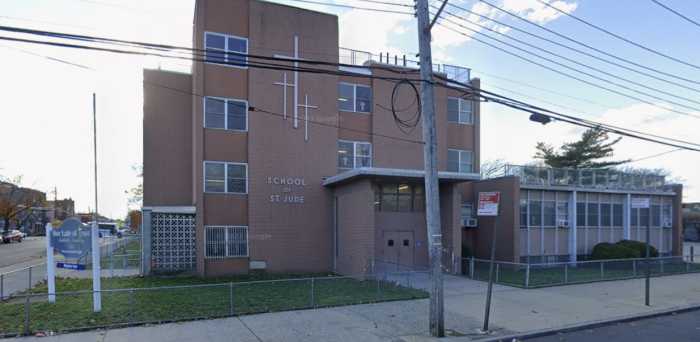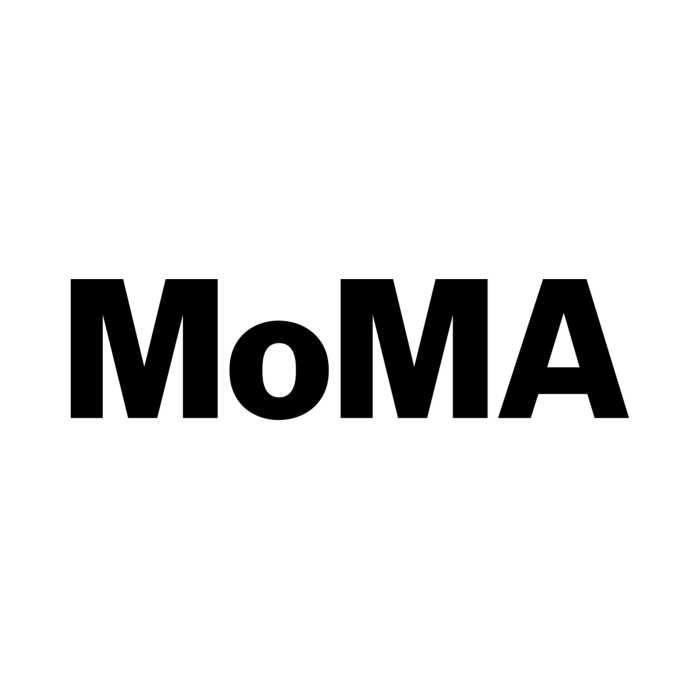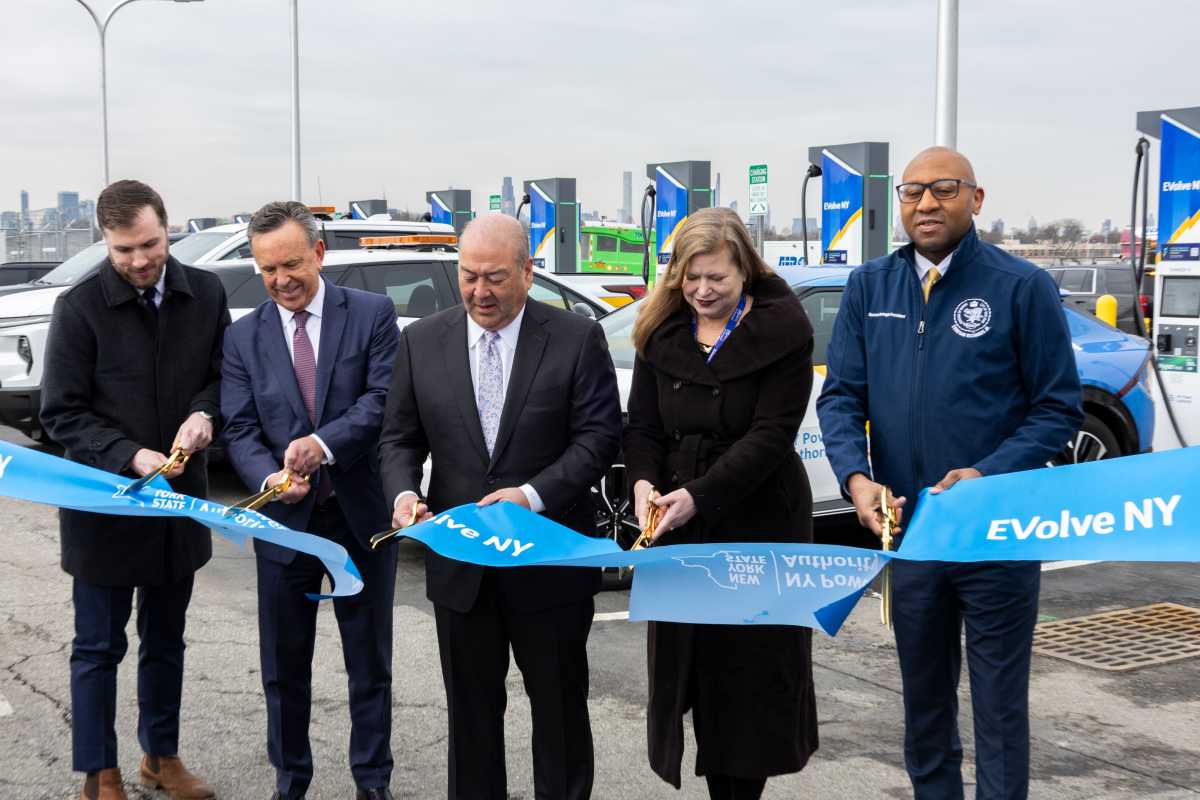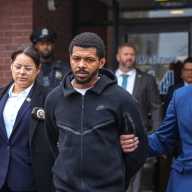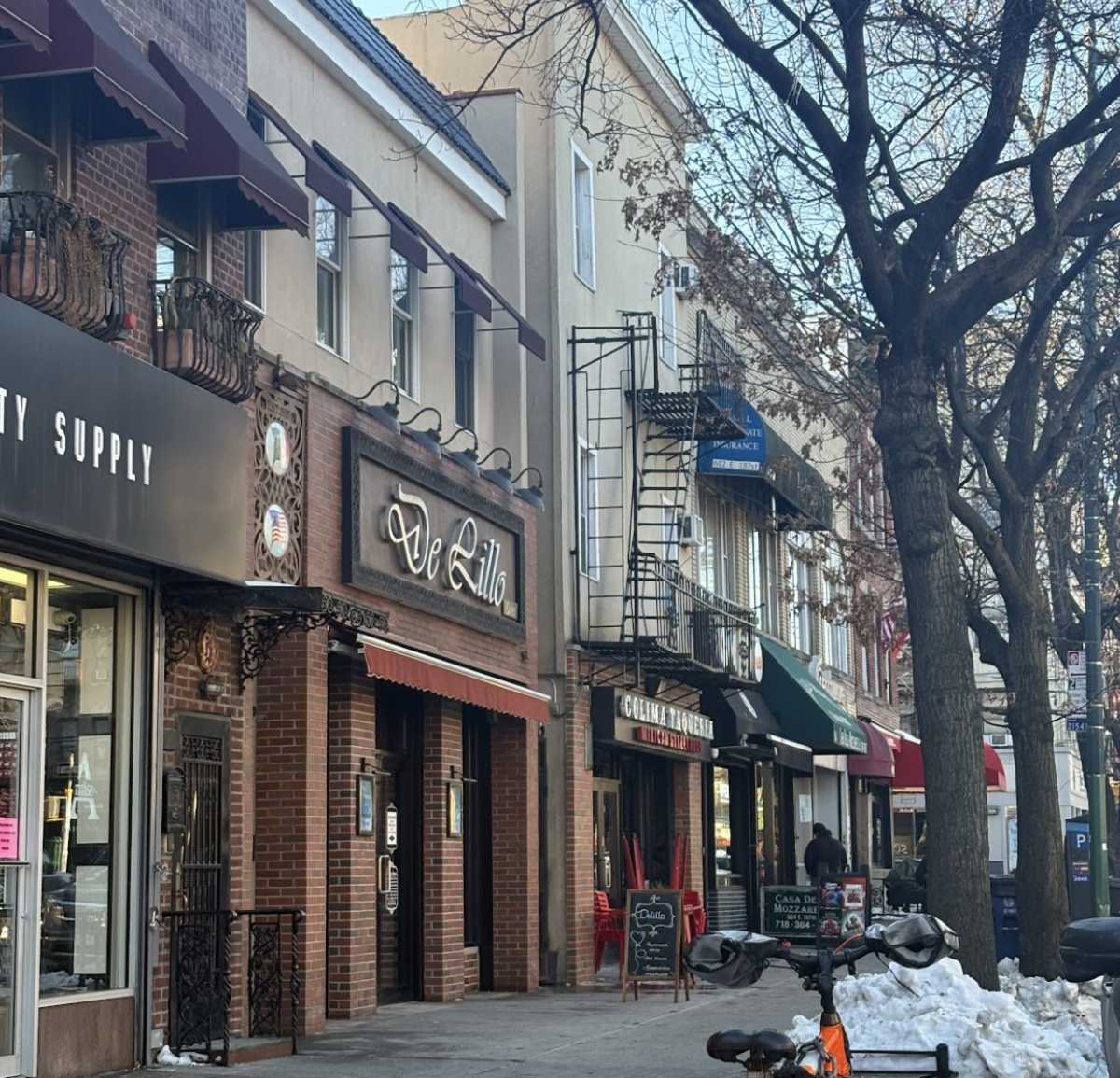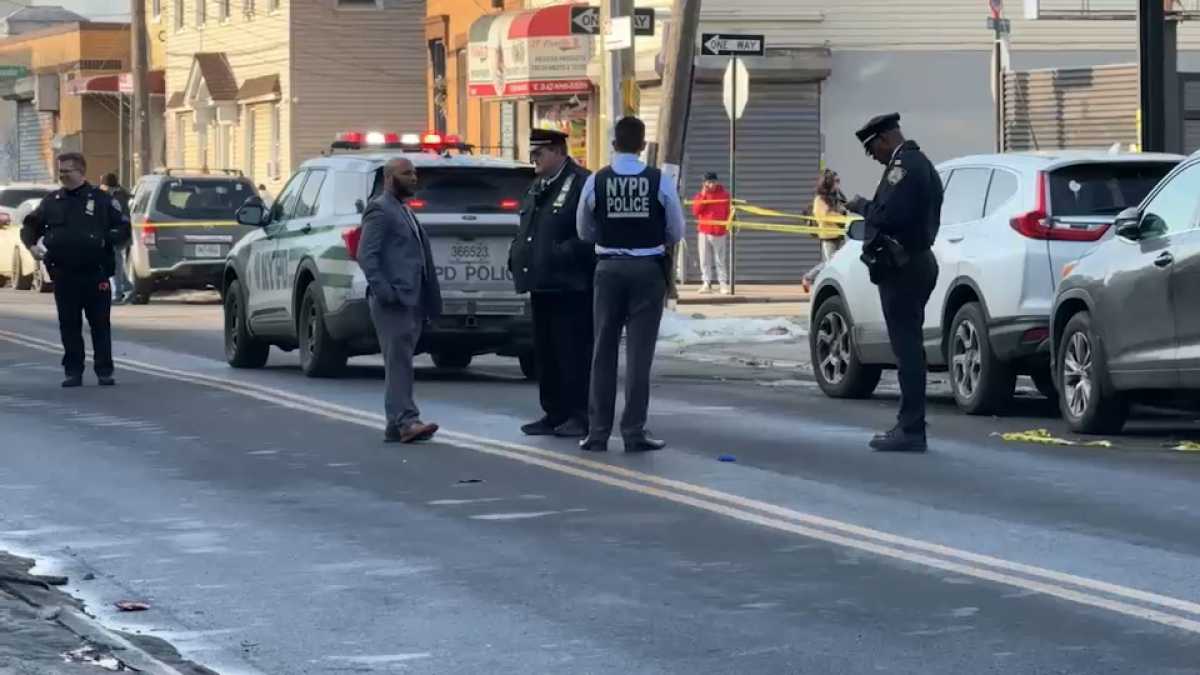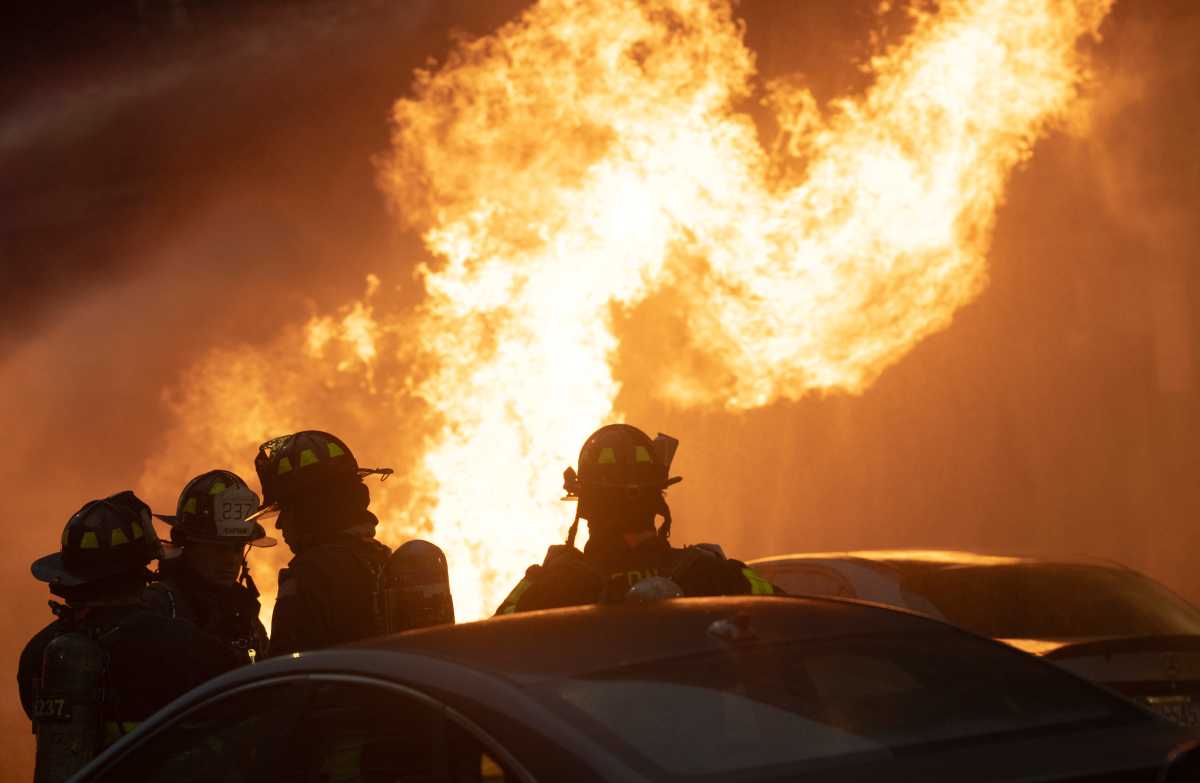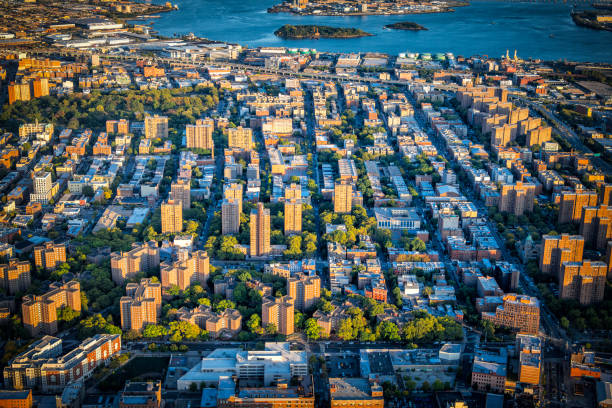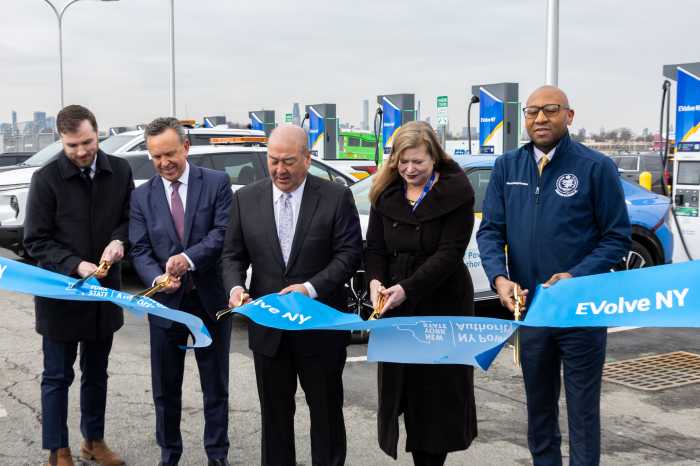Columbia University administrators have told pro-Palestine protesters encamped on their lawn for the past week to voluntarily leave within 48 hours, or be subject to removal.
Negotiations seemed to break down late Tuesday night when Columbia administrators apparently gave the encampment a midnight deadline, mere hours, to disperse or they would be cleared out. This came after the school called the NYPD onto the campus last week in a historic move that saw the arrest of more than 100 demonstrators, and seemingly sparked similar protests at other institutions of higher learning across the country — including NYU.
The threat of a second police sweep sent students and pro-Palestine supporters into a frenzy of fear and rage, with some members of the protest claiming that they had also been threatened with the National Guard — something that can only be deployed with the governor’s consent, but which Gov. Kathy Hochul indicated Tuesday was not on the table.
“Late tonight, Columbia University threatened CUAD [Columbia University Apartheid Divest, the organizers behind the encampment] negotiators to call both the National Guard and NYPD if we do not acquiesce to their demands. We remain steadfast in our convictions and will not be intimidated by the University’s disturbing threat of an escalation of violence,” part of a statement from the student protesters read. “Since good faith negotiations are impossible if one side threatens use of force to extract concessions, the student negotiating team has left the table and refuses to return until there is a written commitment that the administration will not be unleashing the NYPD or the National Guard on its students.”
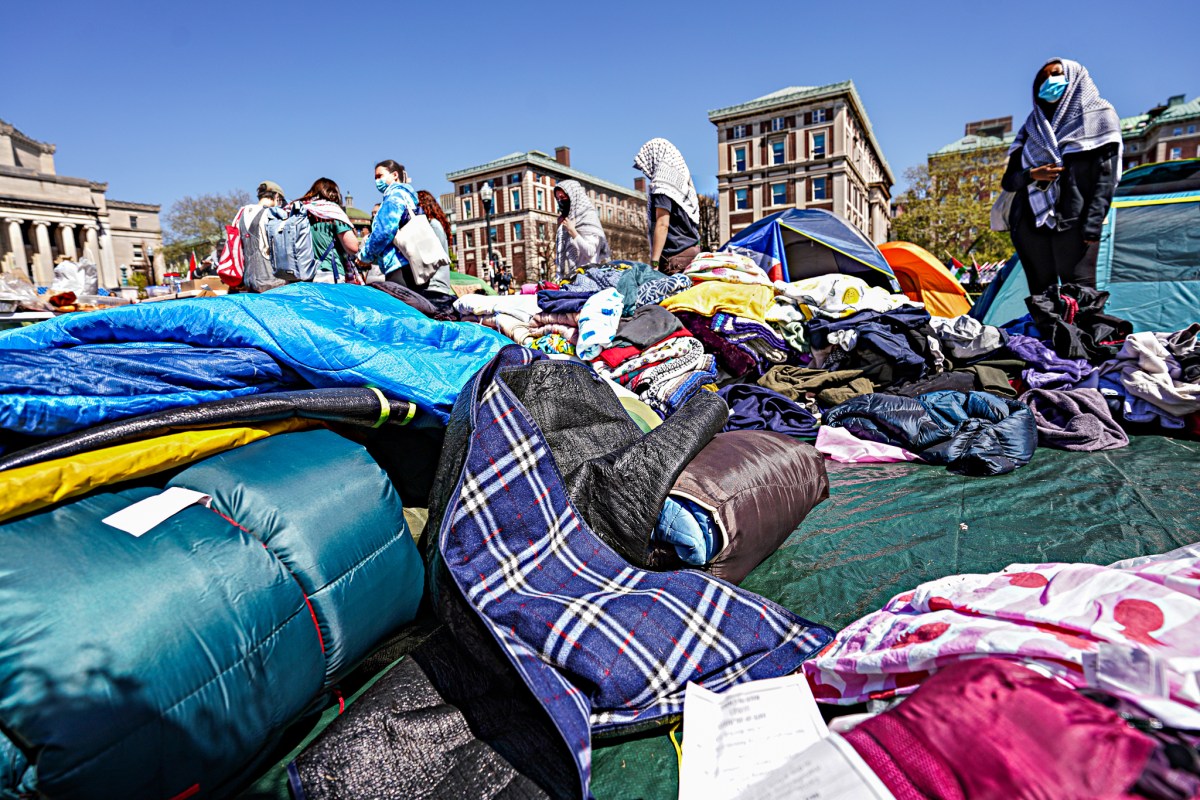
However, while supporters of the cause assembled outside of the university overnight as news of the apparent threat spread, talks seemed to resume.
One of the college’s main demands is the encampment’s ejection of non-students from the lawn. Columbia University Vice President of Public Affairs Ben Chang affirmed this demand to remove outside parties during a virtual press briefing.
“We’re also concerned about the presence of non-affiliates, that is people who are not members of the Columbia community, in the encampment and we want them off campus,” Chang said. “Columbia students have the right to protest, but they are not allowed to disrupt campus life or harass and intimidate fellow students and members of our community.”
These demands seemed to be heeded; protesters have reportedly agreed to ask non-students to leave the encampment while also agreeing to dismantle a portion of the tents, and permit FDNY safety inspections.
Those concessions, school officials confirmed, led to the deadline to clear the encampment being extended for another 48 hours.

Read more: Hochul’s $237B Budget Focuses on Housing, Theft, and Weed Shops



